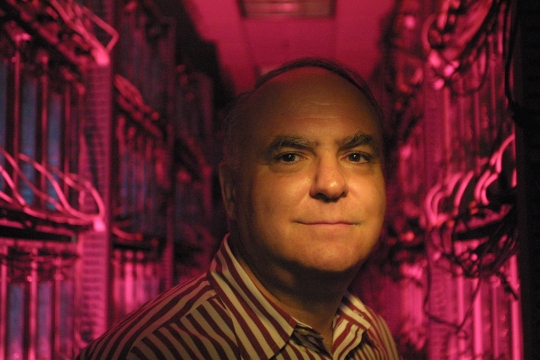You have probably heard of a
Study [that] Reports [a] Method Of Creating Stem Cells Without Destroying Embryos
. You may not have heard that Brian Hart, a spokesperson for Sen. Sam Brownback (R-Kan.), said that the new technique amounts to "creating a twin and then killing that twin."
It's silly to get involved in debating these people — but it's hard to resist. I wonder if they have a constructive definition — i.e., a test that can be carried out in a formal, objective manner — for determining when a soul exists. That is, if the objection is to killing something with a soul, how do we know when a bit of matter has a soul? What are the criteria for dividing the material universe into the ensouled part and the non-ensouled part?
Presumably, such test could also serve as a definitive test for death. If it can detect a soul, it can determine when a previously ensouled body no longer has its soul and should therefore be declared officially dead. That would make it much easier on the medical profession, which has struggled with this problem for years.
If I recall correctly, people who take this position, don't believe that animals (other than humans) have souls. So the test will have to be able to distinguish a fertilized human egg cell (just egg and sperm at a moment past the moment of conception) from that of any other animal. I doubt that this is easy to do using current techniques without an exhaustive DNA analysis. I wonder how they would go about it.





